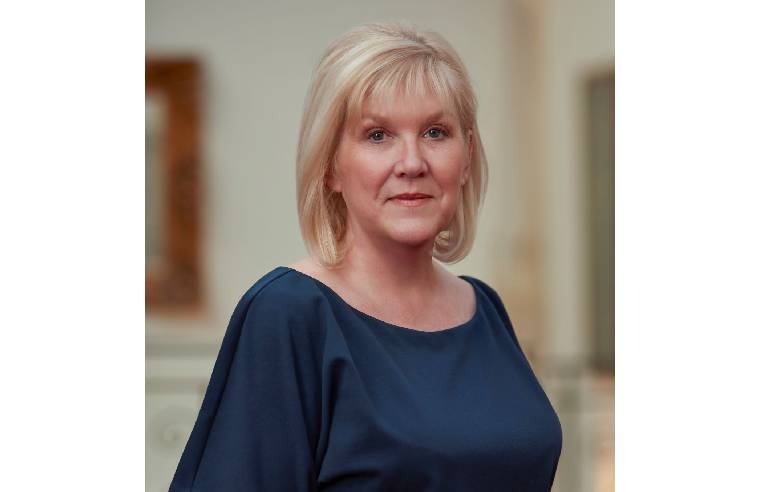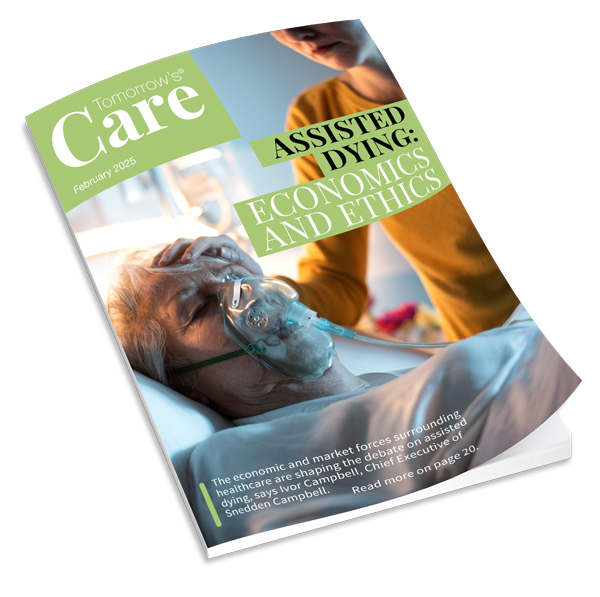The Care Workers’ Charity welcomes the considerations and suggestions of the Care Quality Commission’s State of Care report released earlier today. The report highlights several of the devastating challenges faced by the sector and its workforce over the past year, and those that will continue to impact it going forward- many of which we see first-hand as we support those social care workers who apply for financial and/or wellbeing assistance from the Charity.
We are glad to see sufficient recognition of the immense mental pressure placed upon the social care workforce, with the report highlighting the desperate need for mental health and wellbeing support for social care workers who are “exhausted and depleted”. That these burnout levels are noted as being linked to increased sickness levels, as well as higher staff turnover rates demonstrates the devastating and long-term impact that this trauma has had, and continues to inflict, on our social care teams. As rightly stated in the report, “They cannot work any harder- they need support…”. We echo the frustrations that there continues to be an absence of a people plan for social care—and continue to call on the Government to urgently action this.
Social care is a vocation centred around relationships. Those in the sector can speak to the fact that the provision of care gives the care worker a unique and comprehensive insight into the personal histories, anxieties, preferences and belief systems of those they support. It was bittersweet to see this so belatedly recognised in the State of Care report, as although the importance of relationships in social care was noted, in that “the vital role of adult social care was made clear during the pandemic” – this once again highlights that the sector and its workforce have been largely overlooked until this point. Disappointingly, though the report referred to “the central role of adult social care…for the many people who rely on it” this sentiment does not recognise the wider impact social care has on our society and indeed, economy- contributing £50.3bn per annum to the English economy (Skills for Care 2021).
State of Care identifies pay, training and professionalisation as needing to be increased and improved but this is not expanded on. For example, with the latest Skills for Care report identifying the average pay of a care worker as only £9.01 per hour, it is not clear whether the CQC equates a pay increase with achieving the minimum standard for the NLW or whether it would support a much higher wage that sufficiently recognises and rewards those in the profession (as advocated by The Care Workers’ Charity). In light of this ambiguity, we call for a strategy of comprehensive recommendations from the CQC to support tangible improvements in all these areas.
Though the Report stresses the need for “accelerated funding to be made available” to social care providers, we are deeply concerned that State of Care has in fact wholly “welcomed” the recent announcement of Government funding as part of the PM’s ‘Statement on Social Care Reform’, the dire implications of which have been glossed over. Analysis by Policy in Practice (September 2021) has found that the new Health and Social Care Levy will mean that care workers “earning the National Living Wage in April 2022 would pay an extra £121 a year, in effect paying for doing their job of caring for others” [own emphasis]. The Levy, in combination with the removal of the £20 uplift to Universal Credit, will devastate already fragile finances and living conditions- and given that we must also consider that food and energy costs are expected to increase by £170 between now and April 2022, the Policy in Practice group estimate care workers will be worse off by £1035 a year. The Care Workers’ Charity is already having to pick up the burden of the impact of low pay on the workforce (the total value of all grants awarded by the Charity last year was £2.2m- an increase of 1,150% in grant giving activities compared to 2019), and this ‘Reform of Social Care’ will only worsen the situation in which many social care workers find themselves.
Further still, the impact of the Government decision to keep social care as a designated ‘low skill’ profession- thereby impacting the access of care providers to a pool of talent abroad- is not mentioned. This would appear to be an oversight, especially given that the issue of recruitment is more extensively discussed. Prior to the EUSS deadline, over 12% of our care workers came from the EU (UK total) and this loss of capacity has been (and will continue to be) devastating for the sector- with Skills for Care (2021) finding a sharp drop in the number of people arriving in the UK to take up adult social care jobs (1.8% of new starters in January-April 2021 compared to 5.2% during the same period in 2019). We believe this should have received sufficient coverage in the Report- as one of the major challenges faced by the sector.
Integration of health and social care systems is once again noted as being beneficial, and something to strive towards but we believe that before this can happen we must achieve parity of esteem between the two sectors. The current lack of parity was indicated in State of Care, which found that adult social care providers were rarely included in planning and decision making. Experiences cited by the report included those revolving around the discharge of health care patients into adult social care services, which we know had a devastating impact on care home settings as patients with COVID-19 were discharged from hospital at the beginning of the pandemic. We do feel that this lack of parity of esteem is an issue that could have been more thoroughly explored given that the report is in a unique position reporting on both health and social care sectors.
Finally, we are glad to see that the report consulted with organisations representing health and social care providers, whose concerns echo our own; the lack of parity of esteem between health and social care, the need for changes to pay and professionalisation and the need for investment in the workforce, but would have liked to have seen the CQC look at creating comprehensive and actionable responses to the major challenges and concerns raised by the sector. It should also be noted that the voice of the workforce themselves was largely absent, and we strongly suggest the CQC invite a wider array of frontline social care workers as they compile the next edition of this report.
























